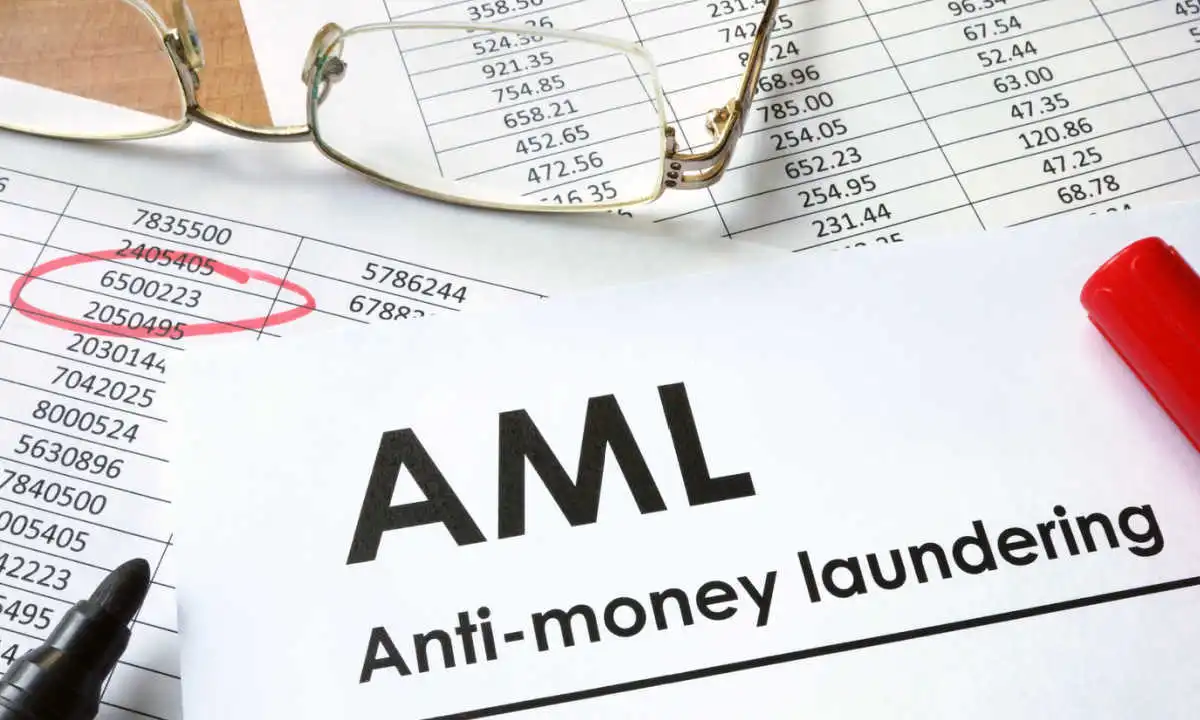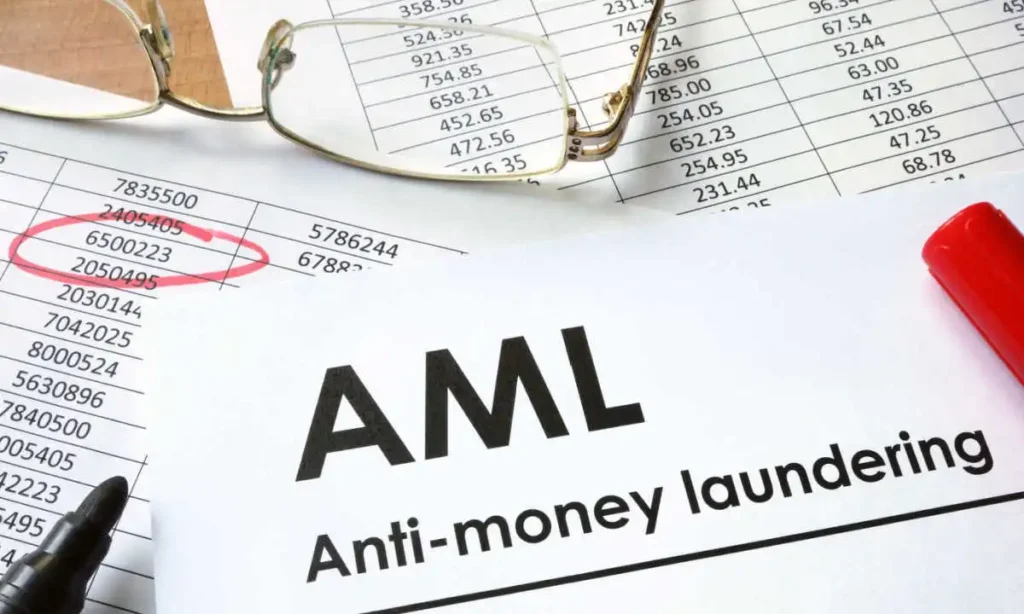In an increasingly interconnected world, the threat of financial crime, particularly money laundering, presents a significant challenge to the integrity of global commerce. Illicit funds, generated through activities like drug trafficking, fraud, and terrorist financing, seek to be disguised as legitimate wealth, corrupting economies and destabilizing societies. To counter this persistent threat, Anti-Money Laundering (AML) regulations have evolved into a complex and stringent framework, demanding rigorous adherence from businesses across various sectors. For organizations seeking to safeguard their operations and reputation, engaging in specialized support is no longer optional—it is a foundational requirement.
This article explores the core components of modern AML compliance, the challenges organizations face, and the indispensable value provided by expert consulting partners who specialize in this vital field.
Why Anti-Money Laundering Compliance is Non-Negotiable
The purpose of AML compliance is straightforward: to prevent the financial system from being used for criminal ends. Effective compliance serves as a powerful shield, protecting a company’s financial health and its public standing. Failure to comply can result in catastrophic financial penalties, ranging from millions to billions of dollars, alongside significant criminal prosecution for key personnel. Beyond fines, non-compliance leads to severe reputational damage, the loss of customer trust, and operational restrictions that can cripple a business.
The regulatory environment is continuously tightening. Bodies like the Financial Action Task Force (FATF) set global standards, while national regulators, such as the Financial Conduct Authority (FCA) in the UK or FinCEN in the US, enforce their own detailed directives. This patchwork of rules makes it exceedingly difficult for any organization, especially those operating internationally, to maintain current and effective protocols without expert guidance.
The Cornerstones of a Robust AML Program
An effective AML program is built upon several core components, each demanding precision and ongoing dedication.
1. Risk Assessment
The first step in any program is a comprehensive, written risk assessment. This process identifies, measures, and documents the specific money laundering and terrorist financing risks a business faces based on its customers, products, services, delivery channels, and geographic exposure. A truly effective program relies on a risk-based approach, meaning resources are allocated proportionately to the identified threats. For instance, a firm dealing heavily in cross-border payments will allocate more resources to transaction monitoring than a local retail business. This fundamental step requires not just a checklist mentality but a deep, nuanced appreciation of financial crime typologies.
2. Customer Due Diligence (CDD) and Know Your Customer (KYC)
These are arguably the most essential daily processes. KYC involves verifying a customer’s identity at the onboarding stage using reliable, independent source documents and data. CDD goes further, requiring the organization to anti money laundering consulting services to establish the nature and purpose of the customer relationship and, crucially, to identify the Ultimate Beneficial Owner (UBO) of corporate entities. Enhanced Due Diligence (EDD) is mandatory for high-risk customers, such as Politically Exposed Persons (PEPs) or clients from high-risk jurisdictions. These procedures must be ongoing, ensuring customer information and risk profiles remain current throughout the business relationship.
3. Transaction Monitoring and Reporting
Systems must be in place to monitor customer transactions against their established profile and risk rating. The goal is to detect unusual patterns, anomalies, or suspicious activities that deviate from expected behavior. When a potential red flag is identified, a thorough investigation must follow. If suspicion remains, a Suspicious Activity Report (SAR) or Suspicious Transaction Report (STR) must be filed with the relevant financial intelligence unit. The quality and timeliness of these reports are critical for assisting law enforcement agencies in their efforts to fight financial crime.
4. Training and Technology
Human error is one of the leading causes of compliance failure. Regular, tailored training ensures that all relevant employees, from front-line staff to senior management, are aware of their obligations and can recognize and escalate suspicious indicators. Furthermore, the sheer volume and complexity of modern data necessitate the use of advanced technology. Firms utilize RegTech solutions—including artificial intelligence (AI) and machine learning (ML)—to automate monitoring, reduce the rate of ‘false positives,’ and improve the speed and accuracy of client screening.
The Value of AML Compliance Consulting
Implementing and maintaining these robust programs requires specialist knowledge and resources that many organizations simply do not possess in-house. This is where aml compliance consulting becomes an invaluable partnership.
A reputable consulting firm provides crucial expertise in designing, implementing, and testing a program tailored to the specific regulatory and commercial context of the organization. They bridge the gap between regulatory requirements and practical business operations. For example, a business needing to establish its entire framework from scratch would greatly benefit from external guidance. This is particularly true for emerging sectors like FinTech and cryptocurrency, where regulations are constantly evolving.
For businesses operating in specific geographical zones, the need for tailored expertise is paramount. For example, a firm launching operations in the UK requires dedicated aml compliance services uk that are specifically aligned with the regulations set out by the FCA and Her Majesty’s Treasury (HMT), ensuring the program is localized and compliant from day one. These specialized firms possess up-to-the-minute knowledge of regional regulatory shifts.
Addressing the Key Challenges with Expert Support
Organizations face recurring hurdles in their AML efforts, which consulting firms are uniquely positioned to resolve:
- Evolving Regulations: Regulations are not static. Expert aml compliance consultants continuously track new directives and amendments, ensuring the client’s program remains compliant without the client having to divert extensive internal resources.
- Data Silos and System Integration: Many firms rely on legacy systems where data is fragmented, hindering a holistic view of customer risk. Consultants help design and implement integrated systems that consolidate data, allowing for more effective, entity-wide monitoring.
- Managing False Positives: Automated monitoring systems often flag a high number of legitimate transactions as suspicious (false positives). This alert fatigue drains compliance teams’ time and resources. Aml compliance consultancy introduces advanced tuning and optimization strategies to system parameters, drastically reducing the noise and allowing analysts to focus on truly high-risk activity.
- Resource Constraints: Smaller or growing firms often lack the capital to hire a large, in-house compliance team. Outsourcing elements of the program, or securing a fractional Chief Compliance Officer (CCO) through a consultant, provides access to top-tier expertise at a manageable cost.
Strategic Investment in Future Security
Effective AML is much more than avoiding fines; it is a strategic investment in long-term security and integrity. By partnering with expert aml compliance services, businesses transform compliance from a mandatory burden into a competitive advantage. It ensures transactions are transparent, relationships are trusted, and the organization is protected from being exploited by criminal networks. A robust program contributes to global financial stability and secures the organization’s reputation as a reliable and ethical market participant. Ultimately, a strong commitment to AML compliance demonstrates corporate responsibility and secures the foundations for sustainable growth.
The complexity of financial crime will only increase with technological advancements. The choice to seek out specialized aml compliance consulting is therefore a proactive measure, positioning the firm for security and adherence in an environment of perpetual change. By leveraging external expertise, businesses can build a durable, efficient, and cost-effective defense against money laundering.
Read more exciting blogs on customdailydiet.com






